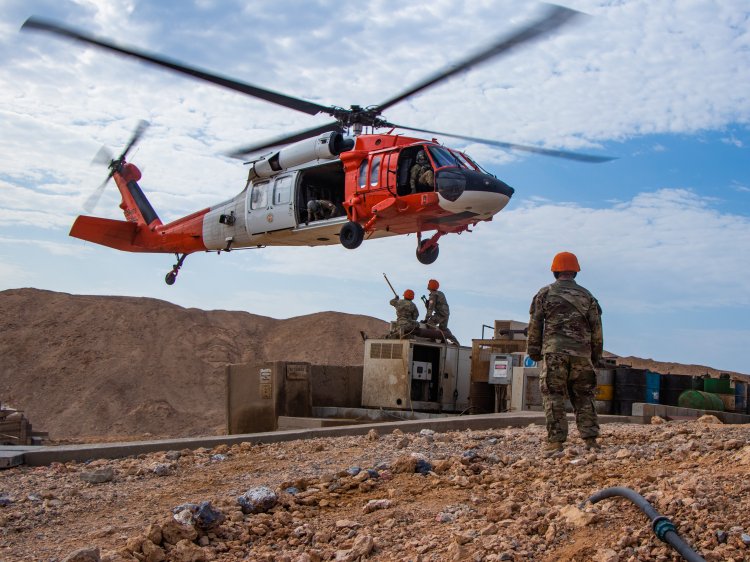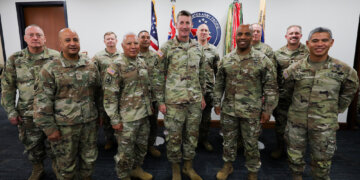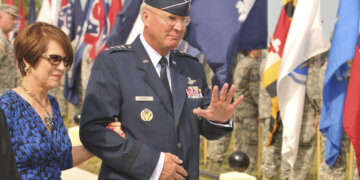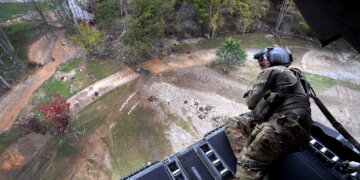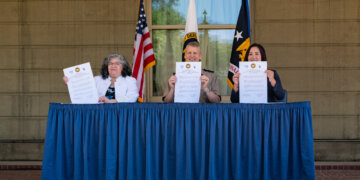For four decades, the Multinational Force and Observers has upheld the 1979 Treaty of Peace between Israel and Egypt. This spring, soldiers from South Carolina and Alabama became the first guardsmen to provide aviation support to the peacekeeping mission in the Sinai Peninsula.
South Carolina’s Company A, 1-111th General Support Battalion, 59th Aviation Troop Command, and Alabama’s Companies B and D, 1-131st Aviation Regiment, 122nd Troop Command, deployed to the Sinai Peninsula in May, after training together at Fort Hood, Texas, for about a month. They’re divided between the MFO’s Forward Operating Base-North, from which most aviation missions are run, and South Camp, where the maintenance takes place.
They got word of the deployment last year, said 59th ATC commander Col. John McElveen. The companies were in the deployment-ready stage of the National Guard’s deployment cycle, and their assets complemented each other, with the South Carolina unit having helicopters and Alabama having maintenance crews. The teams met up for training exercises in each other’s states, but did most of their joint training at Fort Hood, Texas, in April and early May, before departing for the Middle East.
The National Guard has provided an infantry battalion to the effort since 2002, but previous aviation companies were comprised of active-duty aviators who deployed individually, said Canadian Air Force Capt. Alexia Croizer, one of the MFO’s public affairs officers. For this rotation, the U.S. Army decided to deploy already-formed units of National Guard members to increase unit cohesion and improve unit level train-up, she said.
Capt. Michael Snyder, the Army Aviation Company (AVCO) and Company A, 1-111th commander, confirmed that the strategy worked.
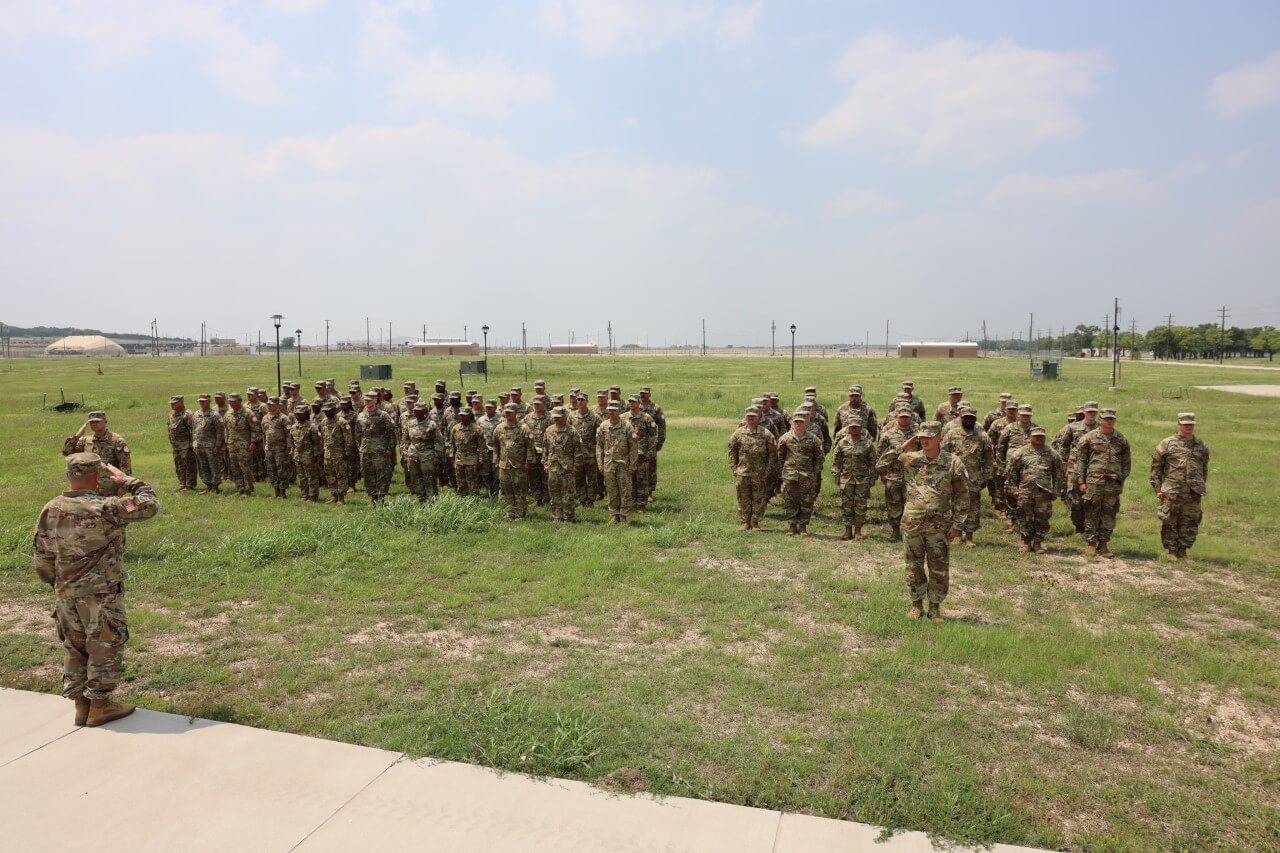
“Coming in as a unit has absolutely set us up for success,” he said. “We arrived in theatre already trained and fully proficient, which allowed us to jump straight into accomplishing missions.”
Being deployed as part of a mission supported by 12 other countries has its perks, said Sgt. Joshua Grantham, an aircraft structural repairer for the ALNG. The dining facilities, he said, cater to international palates, so he’s had the opportunity to try new foods. He also said he’s picked up a few key phrases in Arabic and Fijian, and that the troops from other contingencies were welcoming.
“It’s just really great to see how everyone works together,” Grantham said.
The operational tempo on this tour hasn’t been as hectic as when he deployed to Iraq in 2011, Grantham said. That deployment, to Taji and Balad, saw him working 12-hour shifts, seven days a week, busy from the time he got to work until he left. The MFO’s version of morale, welfare and recreation is morale support; in addition to showing films and sponsoring activities, morale support organizes tours of Egypt and Israel.
One of Snyder’s goals, as the first AVCO commander from the National Guard, is to set up future AVCOs for success through molding deployment manning documents and reaching out to the team that will take over next year.
“We can support the future AVCOs so they can fully support the MFO to the best of their ability,” Snyder said.
The MFO itself is about to have its footprint reduced. Following President Joe Biden’s July 15, 2022, meeting with Saudi Arabia’s Crown Prince Mohammed bin Salman, the two countries announced that the MFO would leave Tiran Island. Control of the uninhabited island went back and forth between Saudi Arabia and Egypt since 1950, with brief occupations by Israel, until Egypt officially ceded power to Saudi Arabia in 2017. The strait of the same name, separating the island from the Sinai Peninsula, provides passage between the Red Sea and Gulf of Aqaba. Without that passage, Israel has no access to the Red Sea.
The White House statement announcing the MFO’s departure said that Saudi Arabia plans to develop the island for tourism and will ensure the continuation of procedures.



